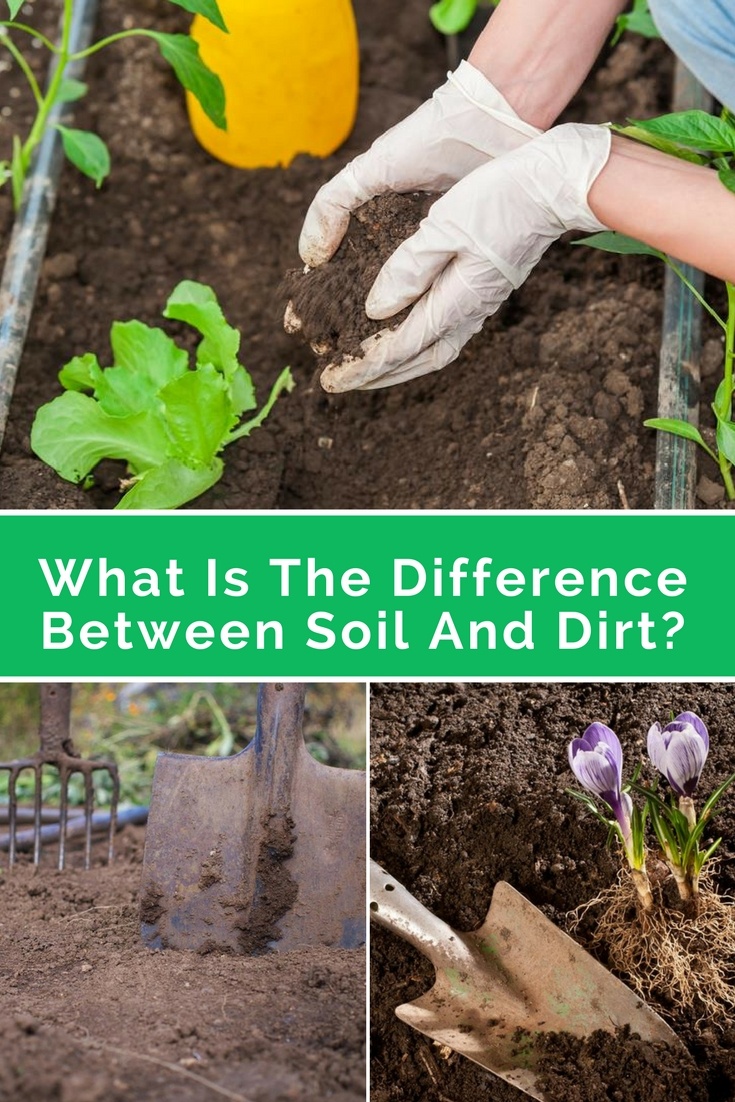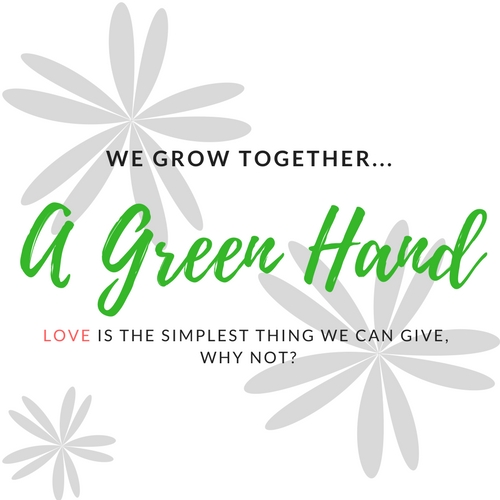Do soil and dirt look similar to you? Do you find yourself asking what is the difference between soil and dirt?
There are various terms regarding the simplification of objects related to earth's crust. All these geographical terms can be sometimes confusing and hard to understand. In this write-up, we will explain the differences between these two terms. Given here are some of the basic differences between soil and dirt and their usage with respect to their qualities.
What Is Soil?
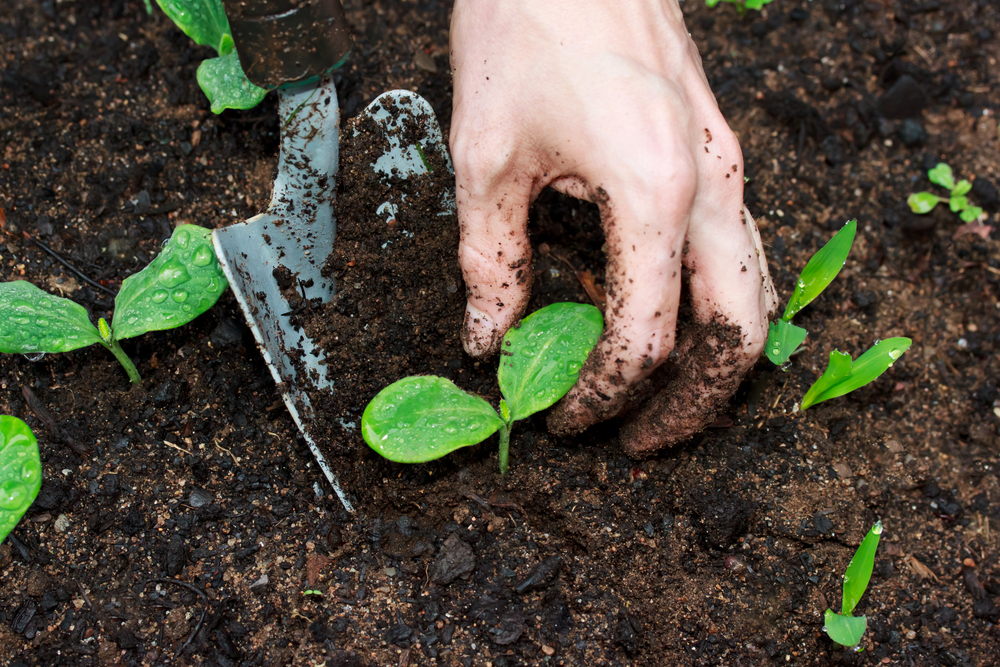
Soil is a naturally occurring body which comprises different types of subjects ranging from solid minerals, organic material to gases and liquids present on the land. It occupies space and is characterized in the following categories - horizons or layers, which are distinguishable.
These are created due to the transitions of plates or addition and loss of soil layers. It contains different substances on different layers. For example, the top layer is rich in humus- a truly good nutrient and mineral provider for the plants that grow on it.
What Is Dirt?
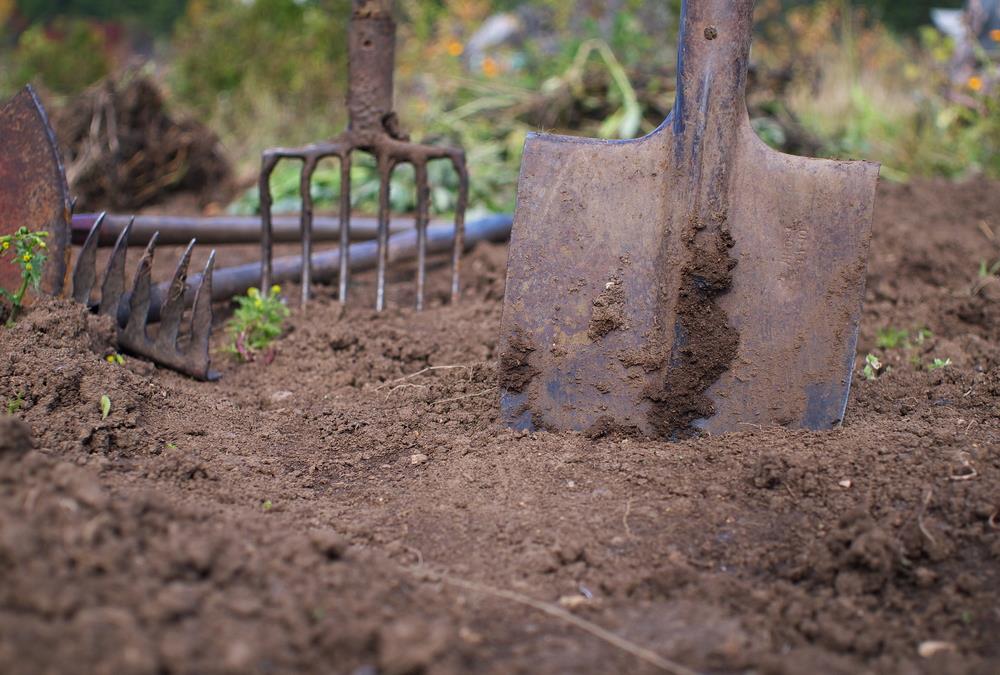
Dirt is somewhat a derived part of soil but it is completely different from soil. It is a dry and dull sibling of soil, which can’t host life in any form without external help. It can be just dust, grime, excrement or anything else which is not useful. It is completely dead and has minimum or no organic or living content. Due to these reasons, dirt is not recommended for gardening or plantations.
Differences Between These Two Terms
- Dirt is sometimes rocky in nature. It does not contain any kind of beneficial nutrients or microbes which are required for proper growth of plants. Whereas, soil is a perfect gardening material which is rich in nutrients and microbes.
- Dirt even if mixed with water, doesn't compact well where soil forms round clumps easily when being added water to.
- While soil contains many organic materials, ranging from dead leaves to alive earthworms, dirt is completely lifeless. Soil has a living environment. The microorganisms, earthworms and insects help to aerate the soil and thus add organic matter to it through their waste, which acts as organic manure. Similarly, when these organisms decay, their bodies turn into compost and then into organic manure.
- Dirt is completely dead and can be only used as the base for planting when external organic matter is added to revitalize it. This added organic material helps to provide necessary materials like food and nutrients needed for the plant growth.
Which Is Better? Soil Or Dirt?
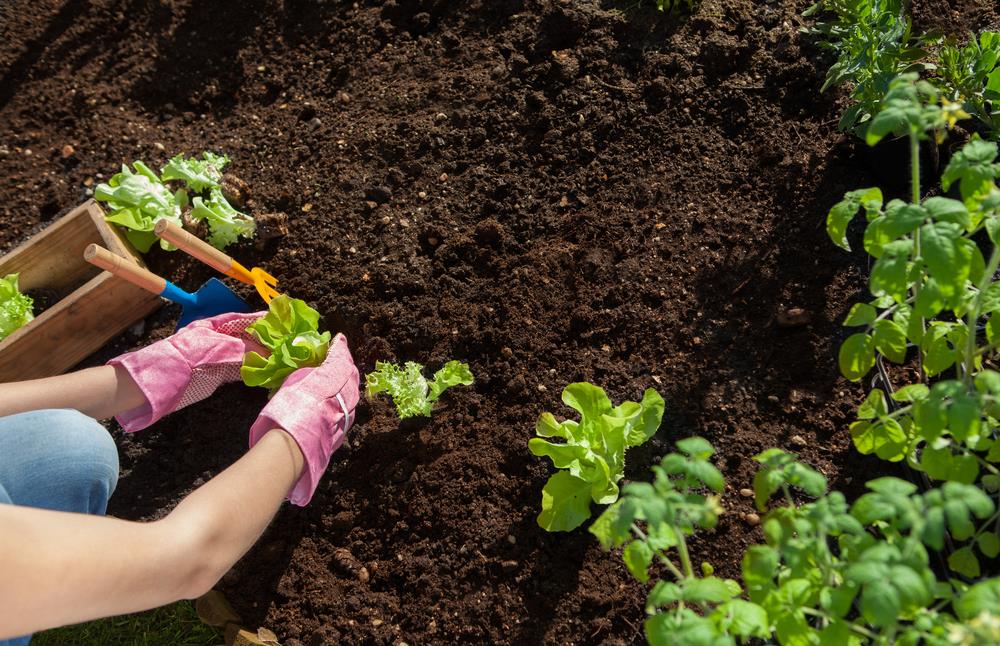
At any given point, soil is always better than dirt. Soil should always be preferred over dirt as dirt can’t grow any kind of plants on its own. Dirt is completely dead and can't support life as it lacks basic amenities required for the healthy growth of plants. However, soil is rich in minerals, nutrients and organic matter.
If a handful of soil is taken, you might get to see numerous earthworms, protozoa, nematodes, fungi and billions of microscopic bacteria. With the same amount of dirt, it will probably be nothing more than dead soil. All these organic material improve the soil organic condition and thus make it suitable for plantation.
How Soil Provides Better Growth For Plants?
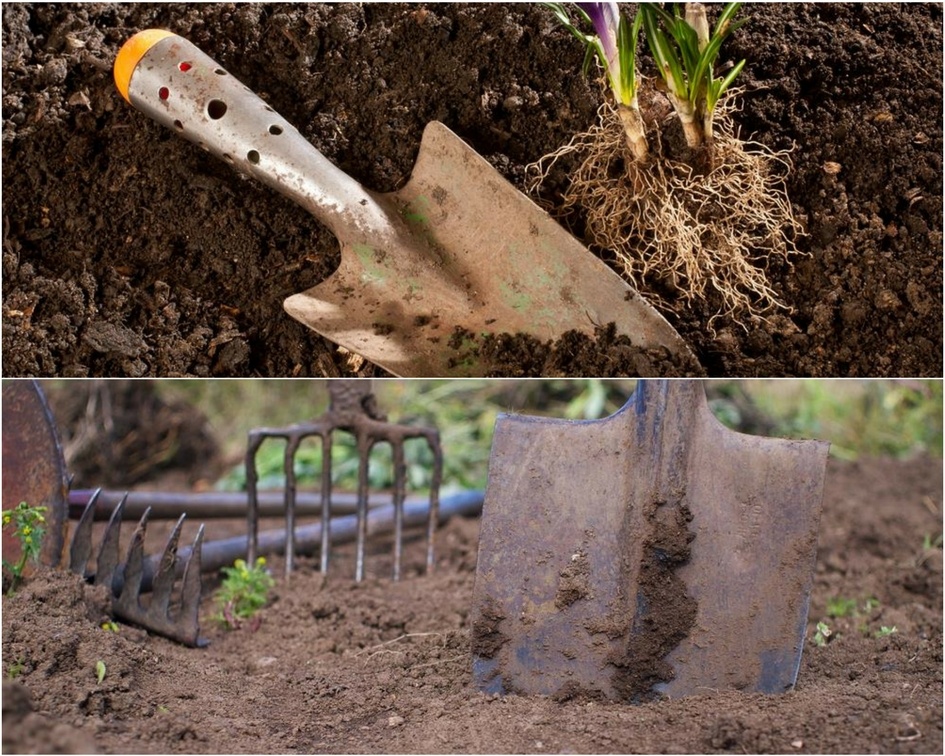
At any given point, in soil, there are billions of living organisms which are continuously working, helping for the betterment of the soil structure and producing minerals and nutrients for the plant health. Dirt can't do all this since it lacks the basic things required for the plants growth - organic matter. Scientifically, it has been proven that the soil quality is the key to the successful growth of plants. The better the soil health is, the better the growth of plants.
Conclusion
Taking in consideration the better plant health and growth, choosing between dirt and soil can be pretty easy. The huge organic content ratio of soil makes it perfect for the plantation and gardening purposes. Dirt, on the other hand, can't fulfill those requirements since it lacks humus, organic material, minerals and nutrients. Though the addition of organic manure to dirt can make it usable for plantation and gardening, it is not highly recommended because of the availability of soil in the market.
Pin It!
